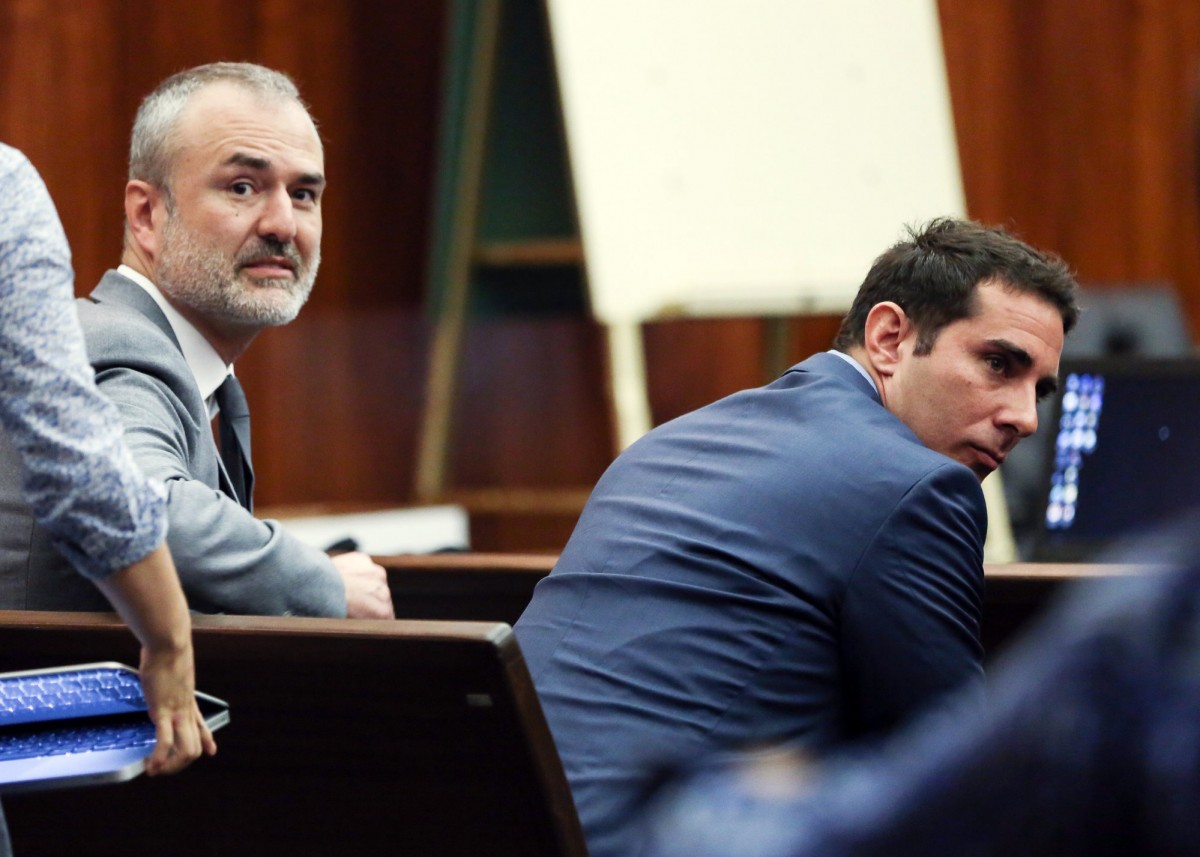On Friday, six ordinary people in Florida, none terribly acquainted with the tabloid sausage factory when they were selected to serve as jurors for an invasion of privacy trial, deliberated for six hours on a case involving a former wrestler. They decided that Gawker, in posting a two minute excerpt of a Hulk Hogan sex tape, had crossed the line. The stunning $115 million verdict leveled against Gawker, with punitive damages set to be determined next week, is likely to deracinate what remains of the Gawker Empire. As of Saturday morning, Gawker had not published any new posts.
This verdict’s implications are significant for anyone interested in the First Amendment. It could mean that journalists will begin to pull their punches on stories that are far more important than a famous figure’s pelvic thrusting. And in an age in which unconventional reporting has emerged with squirming innovation from the rocky shadow of traditional media’s crumbling calcite hold, this may very well hinder the often necessary work needed to expose divisive yet pivotal duplicities. In a post-Hogan media landscape, would Mitt Romney’s infamous 2012 video about the “47 percent” constitute “invasion of privacy”? Will Donald Trump’s literal war on the press, barring and attacking and intimidating reporters he “disagrees” with, be reinforced by a wave of perceived invasion buttressed by court decisions in the near future?
More lawsuits are sure to follow in Hulk Hogan’s wake. (Indeed, Gawker is set to battle another $10 million lawsuit from Ashley Terrill, who alleges that Gawker published “a false and highly defamatory hit-piece” that harmed her reputation. This additional suit was filed by Hulk Hogan’s attorney.) But if more juries conclude that journalists who indiscriminately post private information about public figures are committing serious breaches of their public duties, breaches that cannot be justified as “journalism,” then this will seriously impair the Fourth Estate’s vital role in our culture, which is to serve as a legitimate watchdog against corruption, hypocrisy, and wrongdoing through a commitment to fairness and airtight facts.
If press freedom erodes in the next few years, Gawker founder Nick Denton must be blamed for this. He operated with a level of irresponsibility and carelessness, willfully hiring a spate of reckless editors who ran his website as if they were grand tyrants of limitless hubris — whether it be former editor John Cook defiantly refusing to remove the Hulk Hogan post, former Gawker editor A.J. Daulerio stating vulgarly and foolishly in a deposition that a sex tape would not be newsworthy if it included a child under the age of four, or the Jordan Belfort-like shenanigans of former Gawker editors Tommy Craggs and Max Read running up a $546 bill at a fancy restaurant before resigning in protest over a story that went out of its way to ruin a man’s life over sexual allegations that were never substantiated.
Denton, in perpetuating an office culture that was willfully adolescent and that opted for tawdriness in lieu of truth and decency, has not only set back his admirable ambitions to make Internet publishing something fresh and original, as smartly observed by USA Today‘s Michael Wolff, but he has destroyed the integrity of journalism: the impression promulgated not so long ago by the rightly celebrated film Spotlight that engrossing detail and rigorous pursuit of a scandal leads to essential conversations. Six regular people, representing a not insignificant perspective that many New York media mavens ignore at their peril, could not be persuaded that what Denton and Gawker was doing was right. And it is now up to journalists to win back the trust of America, to undo Denton’s considerable damage to an essential American freedom by refusing to skate on thin ice without grace, even as they perform jumps and spirals that we’ve never seen before.
